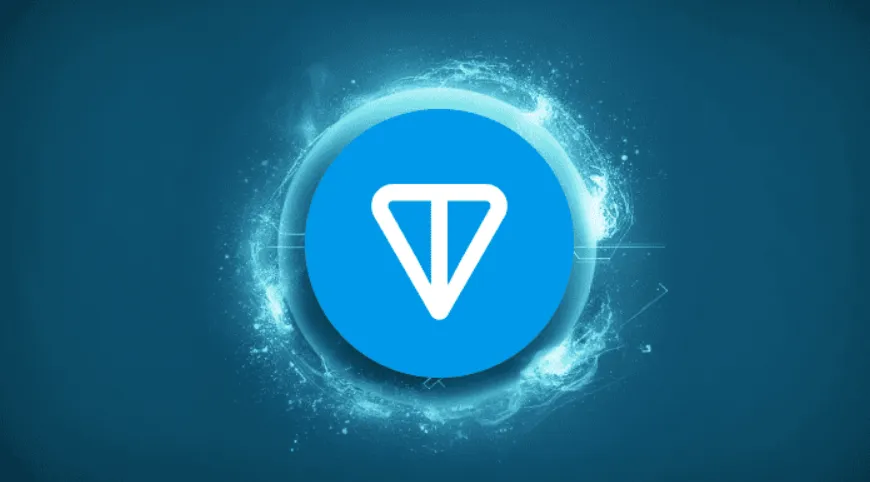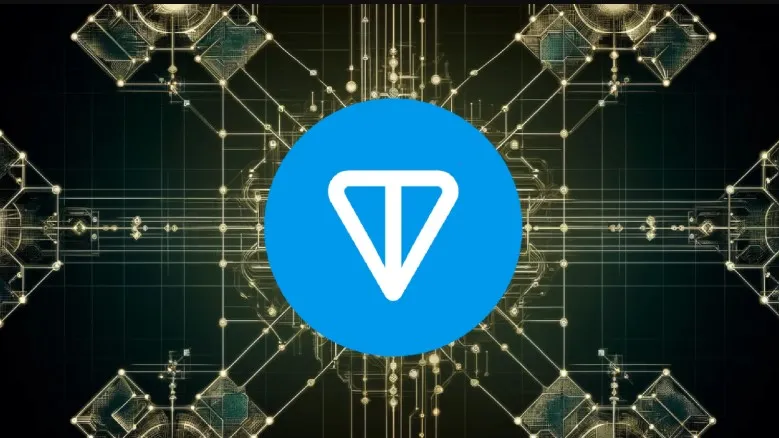The Role of TON in building decentralized social networks
Introduction
In an age defined by digital connectivity, social networks have become integral to how people communicate, exchange ideas, and share creative content. Yet, these platforms often concentrate power in the hands of a few corporate entities. This centralization can lead to issues such as biased algorithms, lack of transparency, and an imbalance of user rights. Many individuals have begun seeking alternative models that offer greater autonomy and control. Blockchain-based solutions present a promising new path, allowing communities to establish fairer social environments. By leveraging cutting-edge technology, it becomes possible to craft online spaces guided by user-centric governance and more transparent data practices. As the internet evolves, there is a growing consensus that decentralized structures can foster stronger digital ecosystems where participants collectively shape the rules and benefits.
The challenges of traditional social media platforms
Mainstream social media giants have made significant strides in connecting the world, but their centralized nature raises numerous concerns. Users often have limited insight into how their data is shared or monetized, and the concentration of power can result in excessive content moderation or selective exposure of posts. This occasionally hinders the freedom of expression and may lead to suspicion regarding the true motives of these platforms. Similarly, content creators sometimes struggle to receive fair rewards for their work when revenue streams are funnelled through large intermediaries. These issues highlight an urgent need for fresh approaches—ones that can distribute authority more evenly and give communities a direct stake in platform decisions. In this context, TON for social media platforms emerges as a compelling alternative, offering blockchain-driven governance and transparent operations.
How TON supports decentralized social networks
The concept of Decentralized social networks centres on eliminating single points of control in favour of shared oversight, ensuring that no single entity can dictate the content or policies of an online community. This blockchain ecosystem is built on the principles of security, immutability, and user empowerment. By integrating cryptographic verification, these networks can operate independently of traditional gatekeepers, offering a more balanced system for social interactions. In this environment, user identities are verified, privacy settings are clearly defined, and the community itself can vote on changes to the network rules. Such a model holds the potential to reshape how we think about social connections—ensuring both freedom of speech and protection from harmful content.

TON for privacy and data ownership
One of the pivotal advantages of this blockchain infrastructure is its emphasis on personal information control. Traditional social media platforms often store data on centralized servers, leaving users vulnerable to hacks or unauthorized data collection. In contrast, Data ownership on TON presents a new model, where personal information is stored in distributed nodes and encrypted for maximum security. This approach protects user identities and reduces the risk of large-scale data breaches. Moreover, the open nature of the network encourages third-party developers to create additional security features that further safeguard user information. When ownership and decision-making are in the hands of the community, the potential for misuse is considerably diminished, paving the way for more transparent, user-focused social experiences.
Empowering users to control their own data
Personal data is one of the most valuable assets in the digital realm, and ensuring user autonomy is essential for building trust. Privacy in social media with blockchain enables individuals to decide what information they share and with whom. Instead of passing through intermediaries, interactions are facilitated through peer-to-peer networks, granting users unprecedented control. This level of empowerment extends beyond basic privacy settings: advanced cryptographic tools give community members the freedom to join specialized groups, exchange content, or even vote on platform changes without exposing personal details. As a result, participants experience a greater sense of security and are more likely to engage in open discussions and meaningful collaborations.
Benefits for content creators and communities
While many platforms claim to champion creators, traditional systems frequently yield low profit margins for artists and community leaders. By contrast, blockchain networks establish fair and transparent reward mechanisms, enabling users to set their own terms for monetization. This shift not only supports independent innovation but also fosters stronger community bonds. Thanks to Benefits of TON for content creators, individuals can explore new revenue models—like token-based tipping or patronage—without sacrificing ownership of their work. The removal of rigid gatekeepers allows artistic voices and grassroots movements to flourish, attracting diverse talents. In turn, communities gain access to richer, more authentic content that resonates with their shared values and interests.
Monetization opportunities and greater autonomy
Reducing oppressive controls remains a core objective in decentralized systems. Excessive or arbitrary restrictions can stifle creativity and limit open dialogue. By reducing censorship with TON, users can rely on a consensus-based approach that fairly evaluates and moderates content. Rather than relying on the judgment of a single authority, community voting and transparent algorithms help maintain civil discourse while respecting free expression. Additionally, direct monetization channels mean that creators can receive instant compensation for their contributions, sidestepping advertising-based revenue models that often prioritize profit over genuine engagement. This collective autonomy empowers communities to shape their own digital landscapes, promoting healthy conversations and rewarding meaningful interactions.

Conclusion
As decentralized networks evolve, they bring with them a wide range of tools designed to secure and streamline platform functionalities. One of the most transformative features is the use of Smart contracts for social platforms, which codify rules for content sharing, moderation, and financial transactions. These self-executing agreements eliminate the need for middlemen, offering transparent and tamper-proof operations. Consequently, communities gain confidence in platform integrity, knowing that the rules cannot be unilaterally changed behind the scenes. The result is a self-sustaining environment where governance reflects collective consensus, ultimately giving users a direct voice in platform development and policy.
Why decentralized social networks powered by TON are the future of the internet
In a rapidly changing digital landscape, the pursuit of fair, secure, and community-driven spaces remains a top priority for both users and innovators. Today’s internet demands systems that distribute power more evenly and uphold the rights of individuals to control their online experiences. Through The future of social networking with TON, these ideals can be realized at scale, offering robust privacy, equitable rewards, and collaborative governance models that transcend existing social media constraints. By uniting blockchain’s transparency with inclusive decision-making, these emerging networks represent a significant leap forward. They stand as a testament to how communities can collectively build a digital future founded on trust, freedom, and sustainable growth.